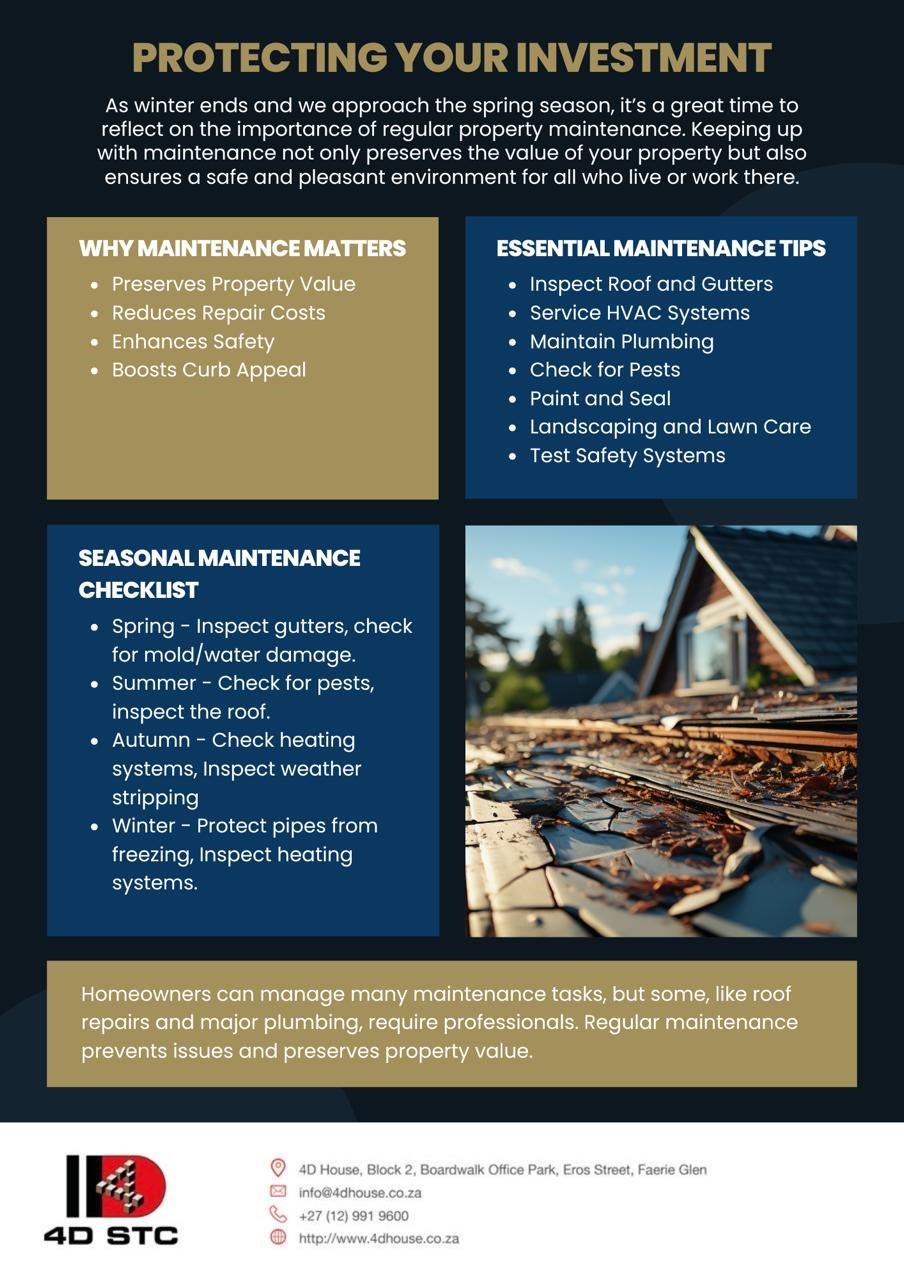Dear client,
As load shedding has become a constant inconvenience in our daily lives, many clients have decided to embrace alternative ways of living in order to avoid the disappointment of failing electronics.
Alternative options include solar powered appliances, generators as well as gas operated appliances. Gas has also become a more popular commodity due to the rising cost of electricity.
The former raises many safety concerns and alternative underwriting conditions may be applicable on your short-term insurance policy.
Here are a few things to consider if you have installed gas systems:
Built in Gas stoves are part of fixed machinery under the Buildings section. LP Gas system needs to be installed in accordance with the SABS requirements (SANS 087 – South African National Standards).
An installation certificate must be obtained for any property that has a gas installation carried out after October 2009, and the Certificate of Conformity issued must be in the name of the owner of the property.
The storage of Gas bottle:
Gas bottles stored outside the main dwelling must be protected against interference, theft and the elements with a steel cage, roof or other acceptable structure.
Flats
- < 9kg gas bottle can be stored inside a building
- > 9kg gas bottle must be stored outside the building
- If a > 9kg gas bottle is stored inside a building, the insurer will decline the risk.
Houses
- < 19kg gas bottle can be stored inside a building
- > 19kg gas bottle must be stored outside the building
- If a > 19kg gas bottle is stored inside a building, the insurer will decline the risk.
As gas is a dangerous component, the Gas Certificate was introduced for safety reasons. This Certificate ensures that all gas fittings are safe and in proper working order. Gas installations for which Certificates of Conformity are required would include built-in gas fires or braais, gas stoves and hot water systems.
<back to all posts





